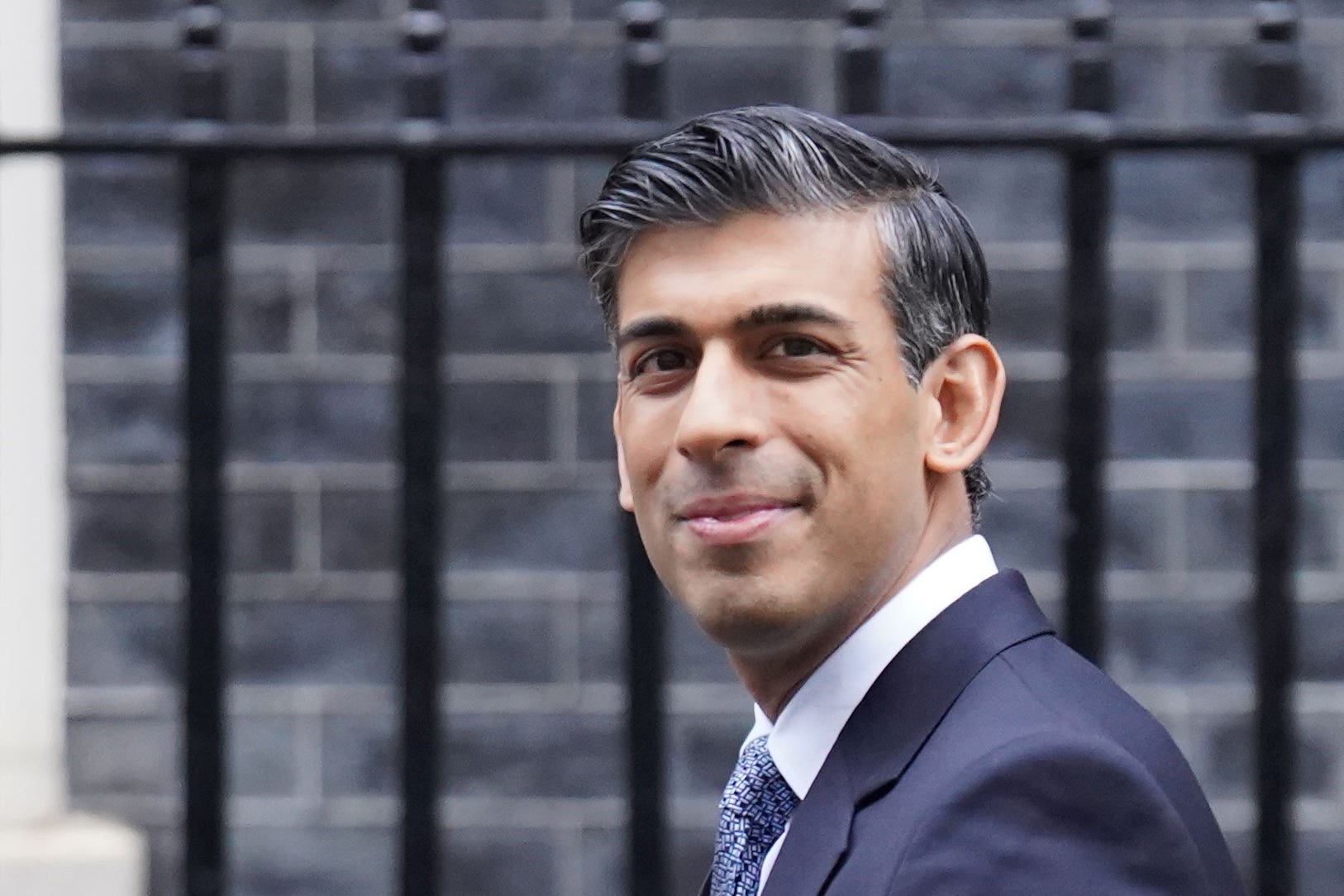End UK’s non-dom tax status, new TUC boss tells Rishi Sunak
Exclusive: Paul Nowak condemns tax rules and hails Labour’s ‘credible programme for government’

Rishi Sunak should scrap the non-domicile tax status used by the wealthy to avoid paying UK tax, said the new Trades Union Congress (TUC) leader.
Speaking to The Independent, Paul Nowak said Labour was right to focus on the unfairness of non-dom rules, which allows British residents to skip taxes on their foreign income for 15 years.
“I fundamentally believe that if you live and work in the UK then you should pay your tax in the UK – it’s a simple as that,” said the new TUC chief, who takes over from Frances O’Grady.
“Every single penny I earn, and every single penny that the vast majority of the six million people that the trade union movement represents … we pay tax on in the UK. That’s the right and proper thing to do,” he said.
Mr Nowak added: “It’s important that big corporations are paying their fair share of tax, including the big online corporations. But it is important that individuals who live and work in the UK, and benefit from living in the UK, should pay their taxes in the UK.”
The issue hit the headlines earlier this year when The Independent revealed that Mr Sunak’s wife Akshata Murty had held non-dom tax status while he was chancellor.
Labour has called on the government to abolish non-doms and use the money raised to train a new generation of NHS staff. But Mr Sunak claims that the move would cost the government money by sending more wealthy people overseas.
However, chancellor Jeremy Hunt was later forced to admit he did not know how much ditching the loophole could raise. Treasury officials have been ordered to look at the figures.
The Institute for Fiscal Studies (IFS) think tank has said its “best estimate” is that abolishing the measure would raise around £3bn a year.
Meanwhile, the new TUC chief said Labour’s “sustained” poll lead meant it looked likely that Sir Keir Starmer could form a majority government after the election expected in 2024.
Mr Nowak described Labour’s new deal for workers – which includes banning zero-hour contacts and fire and rehire practices – as a “very positive set of proposals”, adding: “It’s starting to look like they have a credible programme for government.”
But he said the TUC still wanted to work with Mr Sunak and Mr Hunt to encourage a new approach on pay deals – warning of strikes throughout 2023 if ministers continued to refusal to negotiate.
“We’ve got to deal with the government of the day, as much as I would like to see political change,” he said, adding: “Jeremy Hunt has promised he would sit down with the head of the TUC … but he has not yet met us.”
Asked about the economic problems caused by Brexit, Mr Nowak said the TUC wanted to make the current trade deal with the EU work – a similar stance to Sir Keir.
“The key thing right now is making sure that the agreement we’ve got works,” he said. “No one wants to re-run the debate of six years ago, but we need to make sure that trading relationship is working for working people.”

Mr Nowak said the failure to reach an agreement over the Northern Ireland Protocol “torpedoes our chances to have a trade agreement with the US” as well as putting the trading relationship with the EU “at risk”.
He also condemned the legislation introduced by former Brexit opportunities minister Jacob Rees-Mogg to tear up all EU regulations on the statute book by the end of 2023.
Mr Nowak said the bonfire of Brussels rules “potentially has a really negative impact on important workers’ rights, on things like paid holidays and other things we’ve taken for granted”.
He added: “It potentially undermines the relationship with the EU as well because you can’t have access a smooth trading relationship if you’re going to undermine employment standards.”
The new TUC leader praised his predecessor and stressed continuity with Ms O’Grady’s leadership, but said he would be tested by a “different set of problems”.
“Frances has had a decade of austerity and Conservative-led governments, and I’m taking over when the issues of the cost of living crisis and the wave of industrial action are to the front,” he said.
“You do have to think about, ‘How does the TUC change to make sure we’re representing our members as effectively as possible?’ We have already stepped up action to support members taking industrial action because lots of members will never have taken industrial action before.”





Join our commenting forum
Join thought-provoking conversations, follow other Independent readers and see their replies
Comments